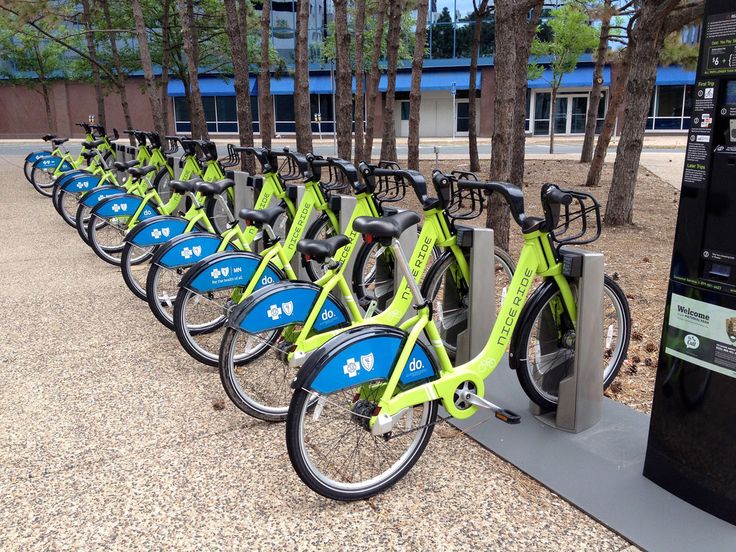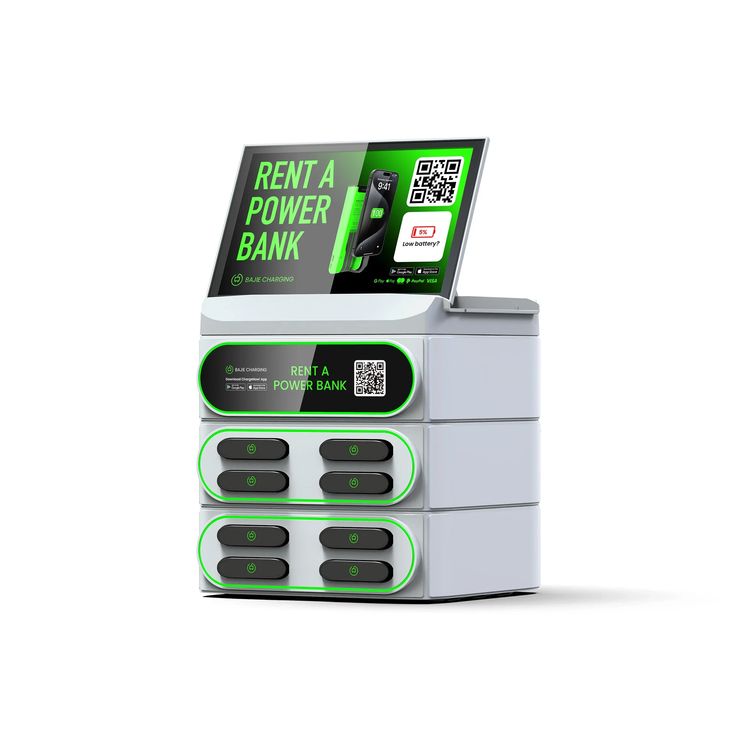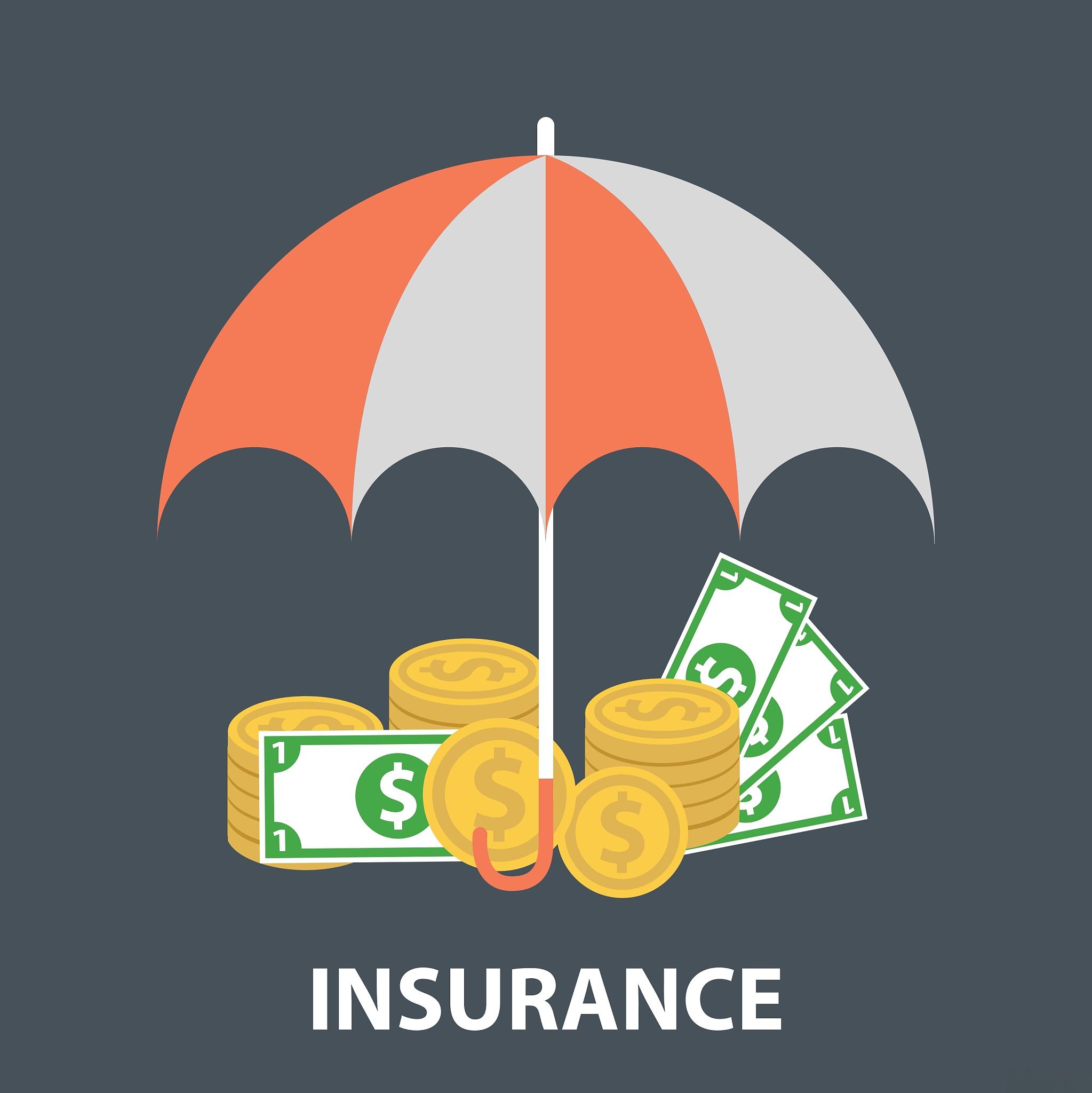The rise of the sharing economy has made our lives more convenient: shared bikes eliminate travel restrictions, allowing you to find a ride anytime, anywhere; shared power banks rescue us from “low-battery anxiety,” ensuring we can still enjoy the convenience of technology throughout a busy day. Yet as these services proliferate, another question emerges: Where exactly does user responsibility lie? And is platform protection sufficient?

The defining feature of the sharing economy is the “temporary borrowing” of resources. When using these shared products, we often focus solely on convenience and utility, overlooking underlying risks. What if an accident occurs while riding a shared bike, or a power bank malfunctions during use? Can we expect fair compensation? Will the platform assume liability? Such questions usually lack clear answers.
From a legal perspective, the sharing economy often operates in a gray area. Many sharing platforms explicitly state in their user agreements that users bear responsibility for any damage or malfunction during product use. This means if you borrow a shared bike and accidentally scratch or damage it, the platform's liability may be limited. Similarly, if a shared power bank malfunctions, users might face certain costs. But are these provisions reasonable? Do they adequately consider the risks users face during usage?
Complicating matters further, as sharing models diversify, insurance issues grow increasingly critical. Can users purchase insurance to cover risks when using shared products? Should platforms provide corresponding insurance services? Currently, most sharing platforms do not explicitly offer such protections. In fact, many platforms fail to purchase comprehensive insurance for equipment like bikes or power banks, instead shifting responsibility to users through disclaimer clauses. Consequently, when users encounter problems, they often struggle to receive proper compensation or assistance.

This phenomenon reflects a larger issue: the rapid expansion of the sharing economy has far outpaced the development of relevant laws and safeguards. As a novel business model, the sharing economy has transformed traditional consumption and usage patterns, yet the corresponding protection systems have failed to keep pace. This leaves users silently bearing potential risks while enjoying convenience.
However, as public awareness of insurance grows, an increasing number of sharing platforms are recognizing this issue and introducing insurance mechanisms into some products. For example, certain bike-sharing platforms have begun offering insurance services for bike damage. Users can opt to purchase this insurance, thereby reducing their financial burden in the event of an accident. Yet the adoption rate of such services remains low, and coverage is often limited, frequently leaving users to shoulder most of the responsibility themselves.

So, the next time you use a shared bike or power bank, will you consider these potential risks? Should you demand clearer insurance protections from the platform? The convenience brought by the sharing economy is undeniable, but how to safeguard your rights while enjoying this convenience is a question worth pondering for everyone.
In the future, as the sharing economy continues to evolve, its associated safeguards will inevitably improve. As consumers, we should remain vigilant, striving to secure better protections for ourselves and others while enjoying these conveniences. This isn't just about personal responsibility—it's also essential for fostering the healthy development of the sharing economy.




